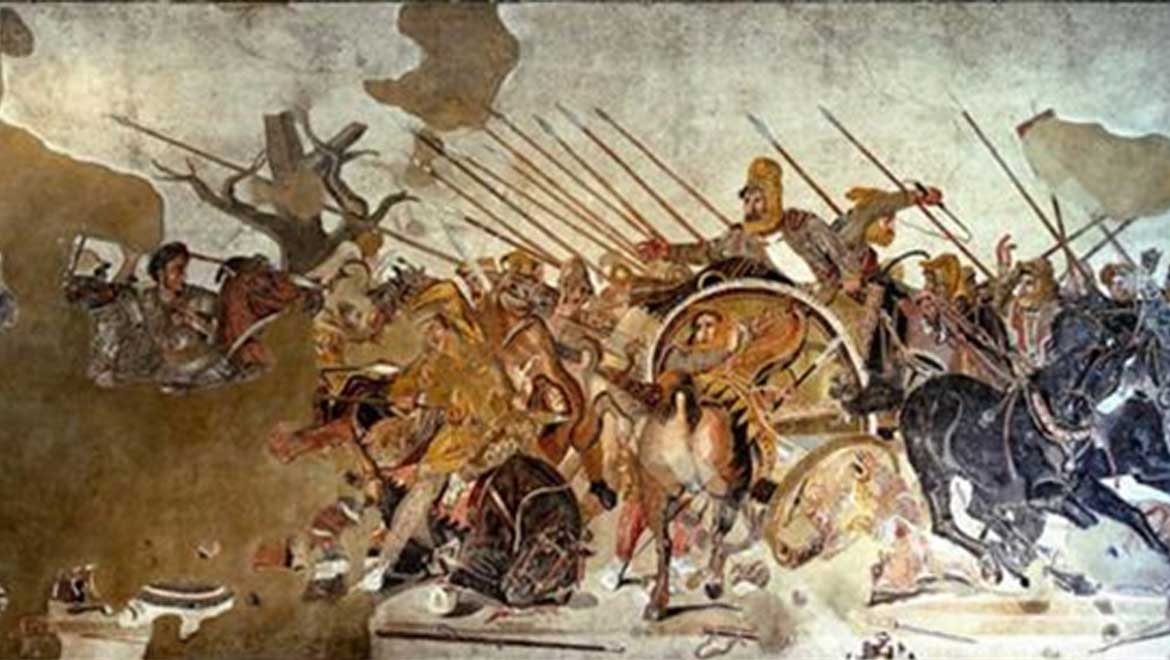Persian Empire Review + Facts
The Persian Empire was one of the great civilizations of the ancient world and still fascinates us today. Founded by Cyrus the Great in 559 BC and ending with the conquest by Alexander the Great in 331 BC, Persia stretched from India to Egypt and beyond. It was a vast empire with many different cultural influences that produced some of its most remarkable achievements: Architecture, poetry, art - and those gorgeous carpets you always see in fancy hotels. Here are 10 facts about Persia that will make you rethink everything you know about one of the greatest empires in history!
The Rise of the Empire and Cyrus the Great
The Persian Empire was founded around 550 BC by Cyrus the Great. The empire encompassed what is now Iran, Iraq, and Turkey and stretched east into Central Asia and west along the Mediterranean coast. Cyrus took over the Median Empire (the first Persian Empire) and then expanded it to include Babylonia, Egypt and the Indus Valley.
Cyrus was tolerant of his subjects: he allowed exiled peoples to return to their homeland; he granted religious freedom; he did not force people to adopt his own beliefs; he respected other religions such as Judaism; he did not interfere with their customs; etc.
Darius Dynasty (Archeology)
Darius I was the first king of the Persian Empire. He belonged to the Achaemenid dynasty, which ruled Persia from 550 BC to 330 BC. Darius was born in 522 BC, the son of Hystaspes, who had been satrap (governor) of Parthia. After his father died and his half-brother Artaxerxes I took power in 486 BC, Darius joined the army and rose quickly, being highly intelligent and a good fighter. In 485 BC he became commander under King Xerxes I during an invasion of Greece that failed at Thermopylae and Salamis Bay (Greece).
In 484 BC, Darius killed Artabanus IV, after he made an assassination attempt on Xerxes. It is possible that some Greeks helped him in this assassination attempt on his brother-in-law because they wanted to get a weak man like Artabanus out of the way so that they could conquer Persia more easily later when there was no strong leader left because he was dead! But this is not proven, so we do not know exactly what happened between the two brothers...

The First Persian War (499-449 BC)
In 499 BC, the Persian Empire was at the height of its power. The Assyrians had fallen and the Persians were now rulers over an empire that stretched from India to Egypt and beyond. The Greeks were divided into two opposing factions: Athens and Sparta. Each city-state had different ideas about how it should be governed, but they all had the same goal: liberation from Persian rule.
The Ionian revolt was led by Aristagoras of Miletus, who wanted to fight Persian rule - but instead of supporting him with its own troops, Athens only sent money! So instead of winning battles against Persia as he had planned (and expected), Aristagoras decided it would be best if he took another Greek city instead, to control an area outside his own borders... Unfortunately for him, however, this plan thoroughly backfired! In the end, it cost him more than money, because after losing everything else, he was left with not much more than his pride, which often costs us even more than what we would otherwise lose."
The Second Persian War (480-479 B.C.)
The Second Persian War was a conflict between the Greek city-states and the Persian Empire. Cyrus the Great, the founder of the Persian Empire, died in battle before he could pass his inheritance to his son. Alexander the Great defeated Darius III and conquered most of Asia Minor (modern Turkey).

Alexander the Great against the Third Persian Empire
Alexander's campaign in Persia was to be a short affair. He had no intention of staying long, but he underestimated the rebellion that would follow his departure and his own immediate successors.
Alexander defeated Darius III at the Battle of Gaugamela in 331 BC, giving him control of all of what is now Iraq and Iran. Over the next few years, Alexander conquered Babylon and Susa before moving on to Persepolis. Invading what was left of one of Persia's most important cities, he burned the royal palace to the ground - an act that shocked even his own people, who were used to such acts from their defeated enemies (and much less often from friends).
In 323 BC, Alexander died of a fever, or possibly poison, at the age of 32. It is believed that one of his generals poisoned him so that he could take power himself (which he did). In any case, this began the decline of Alexander's empire, as we have seen above - with no clear successor ready again after his death! Persia was more than just a beautiful carpet and a great breed of cats, it was an incredible ancient empire that still fascinates us today.
Credits: Persian Empire Rise & Fall
Lucas Hamford 2022. All Rights Reserved